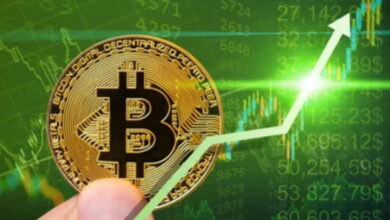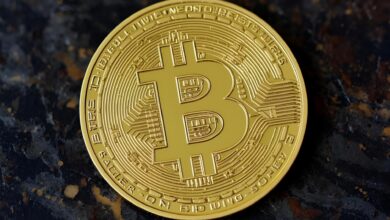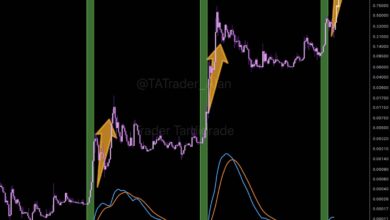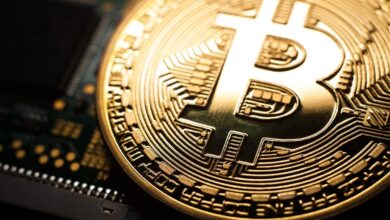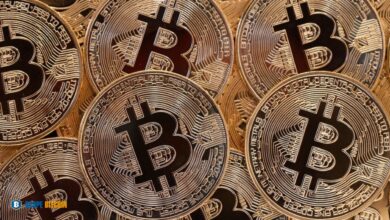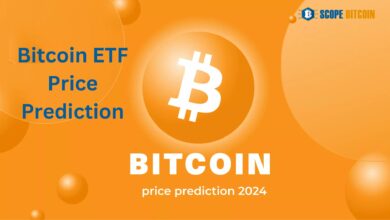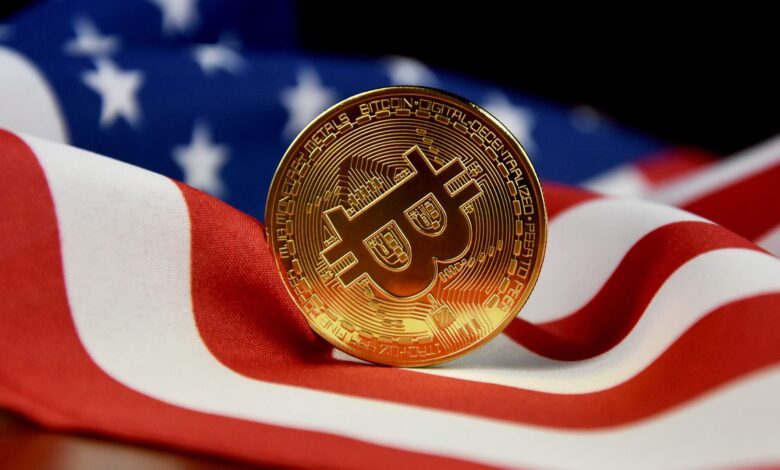
Bitcoin Price and US Tariffs Federal Reserve Impact
Particularly as it settles around $85,000, Bitcoin’s price has been the target of great conjecture and volatility in recent months. Since the movement of Cryptocurrencies typically reflects or responds to macroeconomic events, investors and market analysts have been closely observing them. The continuous comments from the U.S. Federal Reserve, with Governor Christopher Waller providing insight on possible future interest rate decreases, are one significant element affecting Bitcoin’s price nowadays.
The situation has become even more complicated with Waller’s latest comments regarding the financial effects of starting taxes on imports. Policy decisions taken by the U.S. Federal Reserve might significantly impact the digital currency ecosystem and conventional financial markets.
Waller Warns on Tariffs
One of the most well-known Federal Reserve governors, Christopher Waller, has expressed worries about the economic effects of increased import tariffs, particularly the higher rates implemented under the Trump presidency. In recent remarks, Waller cautioned that if these tariffs stay in place for a long time, they could negatively affect the American economy. According to his speech, even if inflation stays somewhat above its goal of 2%, the Federal Reserve might be forced to lower interest rates to offset the negative consequences should such levies continue.
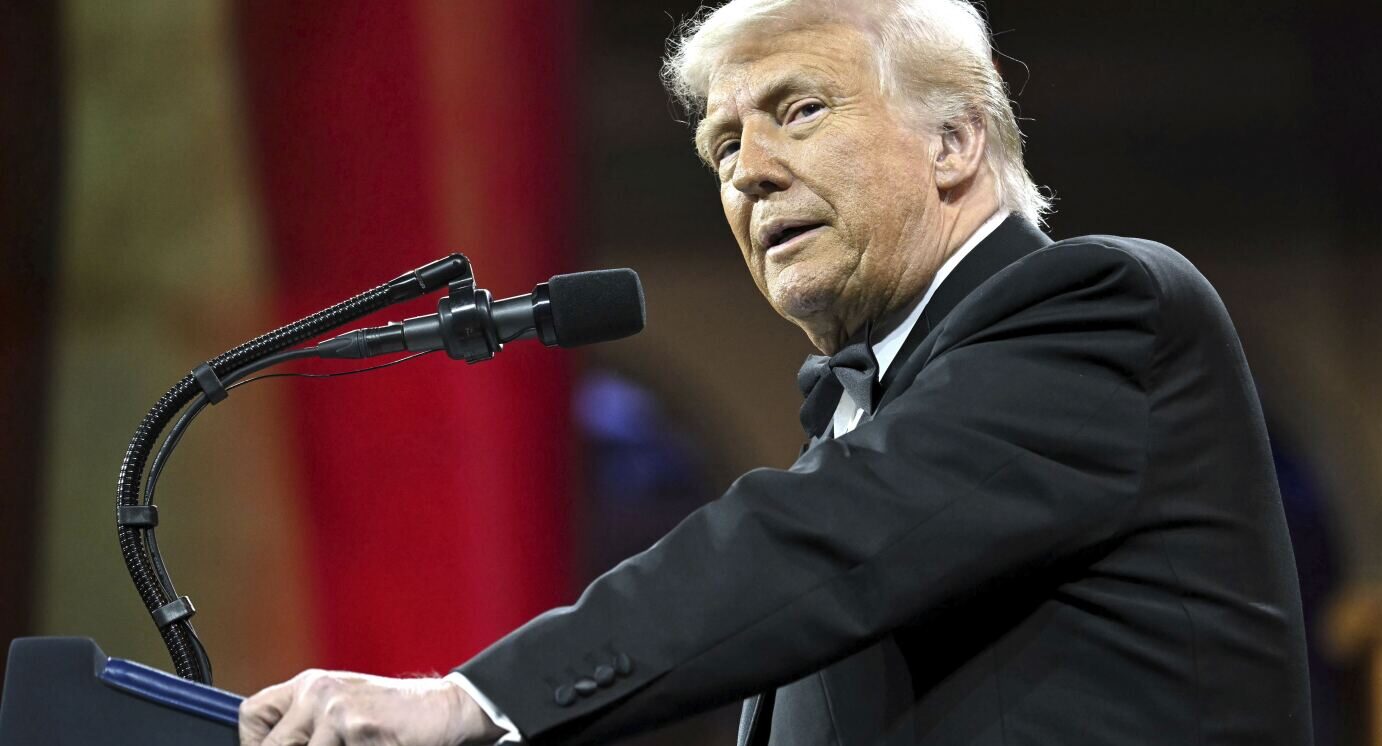
This makes sense: taxes, particularly those that raise the cost of imports, usually lower consumer spending power and thus slow down economic growth. Raw materials and completed goods could cost businesses more, lowering investment and possibly increasing unemployment. For Waller, this presents a conundrum for the Federal Reserve, as it usually sets interest rates to reduce inflation and promote steady economic development. Should tariffs produce a protracted economic downturn, Waller’s remarks imply that the Fed would prioritize economic growth above inflation control, favoring rate reductions to boost demand and expenditure.
Bitcoin and Inflation
The price swings of Bitcoin in response to Federal Reserve actions are not isolated but rather represent a more significant trend whereby digital assets are progressively regarded as a substitute store of value. Investors seeking a hedge find increasing interest in Bitcoin during periods of economic instability when inflation looms and conventional asset classes such as stocks and bonds become riskier. Often stated as reasons Bitcoin might be a secure refuge during times of economic uncertainty are its limited quantity and dispersed character.
This was especially clear in late 2024, when Bitcoin shot to fresh all-time highs following the Federal Reserve’s announcement of a rate drop to handle growing economic difficulties. This surge was fleeting, though, as Bitcoin saw a correction partially in response to growing worries about inflation and the Fed’s tightening policy. Notwithstanding these swings, Bitcoin has shown resilience and has stayed at around the $85,000 level, which captures investors’ hope and concern about upcoming economic measures.
Tariffs Trade Bitcoin
The possibility of further tariffs fuels the continuous discussion on U.S. trade policy, which has already disturbed world markets. The tariffs imposed on several items, especially from China, caused instability in financial markets and strain in many spheres of the economy during the trade wars of 2018–2020. However, as Waller noted, their effects on the larger economy will become more significant as long-standing such levies remain in place.
The place of Bitcoin in this scene is not apparent since it is still to be seen if it will remain a haven asset or become more linked with conventional financial markets. Although some investors could see Bitcoin as a defense against inflationary pressures resulting from ongoing tariffs, others remain cautious of the legal ambiguity around the cryptocurrency field. The future course of Bitcoin could rely as much on geopolitical and regulatory developments as it does on its fundamental value proposition, as central banks and governments all over show increased interest in controlling digital currencies.
Bitcoin Market Resilience
Driven by the possible return of tariffs and the intricate policy decisions made by the Federal Reserve, the present level of economic uncertainty has changed investor attitudes. Given their increased sensitivity to world financial news, investors in the bitcoin market are well-known for it. Waller’s remarks on possible rate reduction might inspire hope or cause anxiety, depending on how the more significant market views the Fed’s approach.
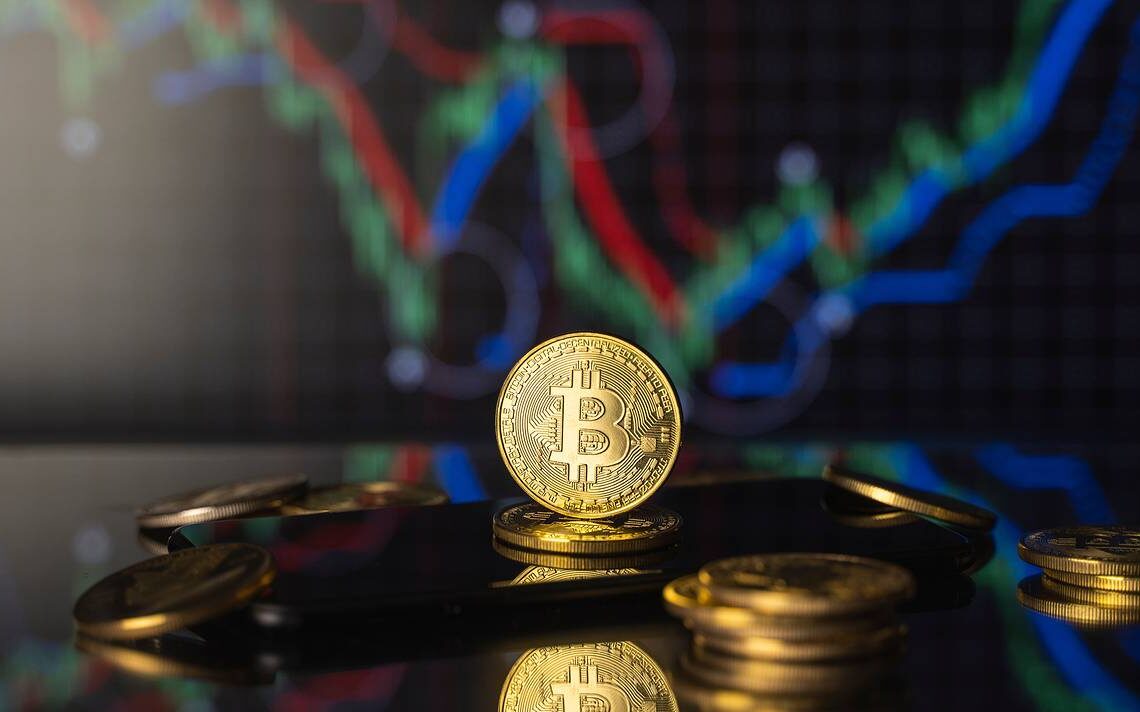
The fact that Bitcoin’s price can remain above $80,000 despite this uncertainty is evidence of the market’s developing sophistication. As an actual store of wealth in times of economic crisis, investors have started to see Bitcoin not only as a speculative asset but also as a real one. While conventional markets struggle with inflation and policy uncertainty, the consistency of Bitcoin Price amid such volatility sets the stage for progressive merging into the larger financial ecosystem.
Final thoughts
As things develop, Bitcoin’s prospects remain tightly linked to the monetary policy of the U.S. Federal Reserve and world trade dynamics. Should tariffs still affect the economy, the Federal Reserve might be compelled to act directly or indirectly to help the price of Bitcoin. Although Bitcoin is still a volatile asset, institutions and investors increasingly realize its function as a possible counterpoint to economic uncertainty.
In the end, Bitcoin’s direction will rely on macroeconomic elements and how it keeps changing as a digital asset. Whether or not Bitcoin will remain a store of value in a world of changing monetary policy and economic volatility is yet unknown. But for now, Bitcoin stays at $85,000, offering an interesting window into how cryptocurrencies interact with conventional financial systems against changing economic conditions.
